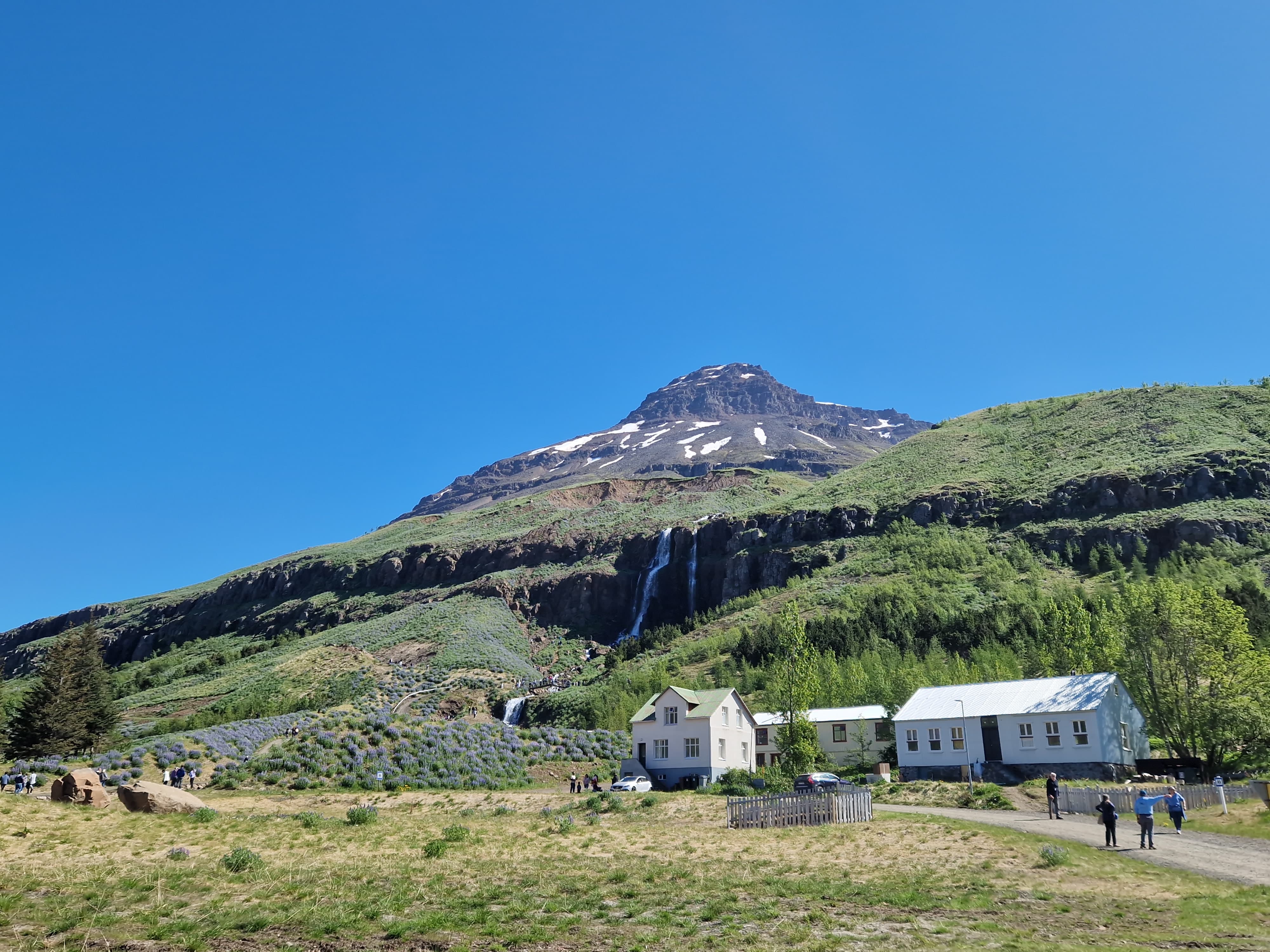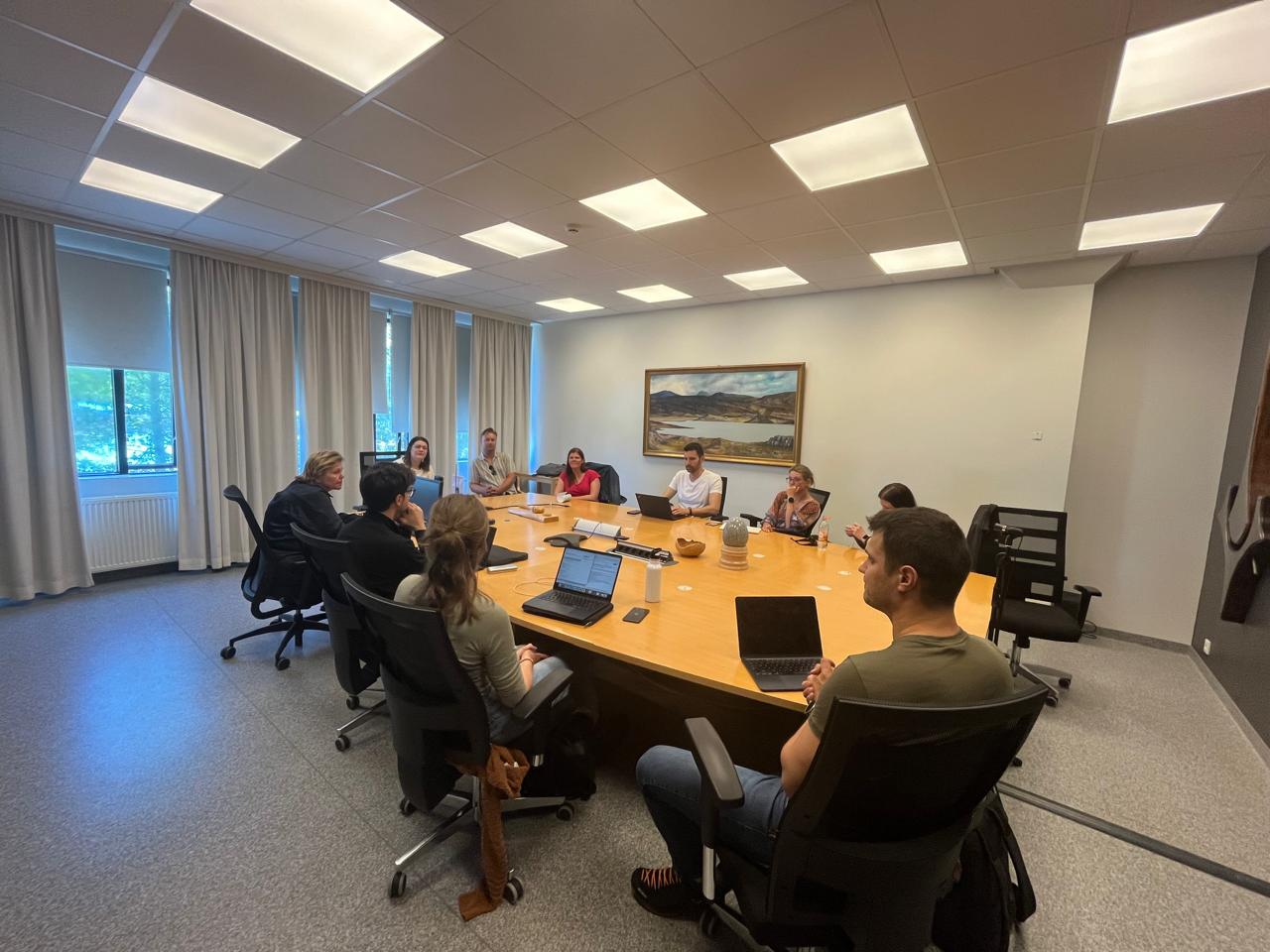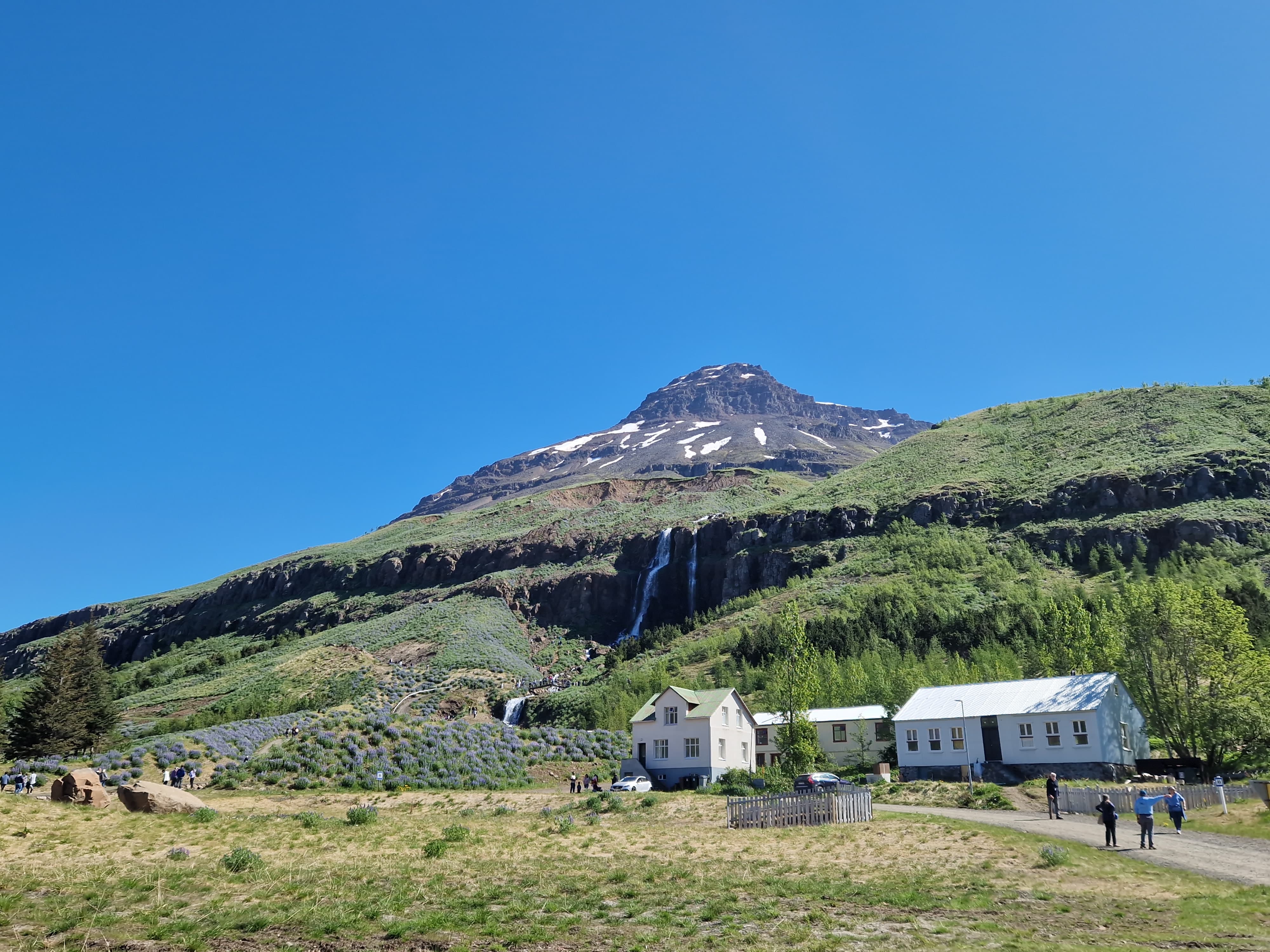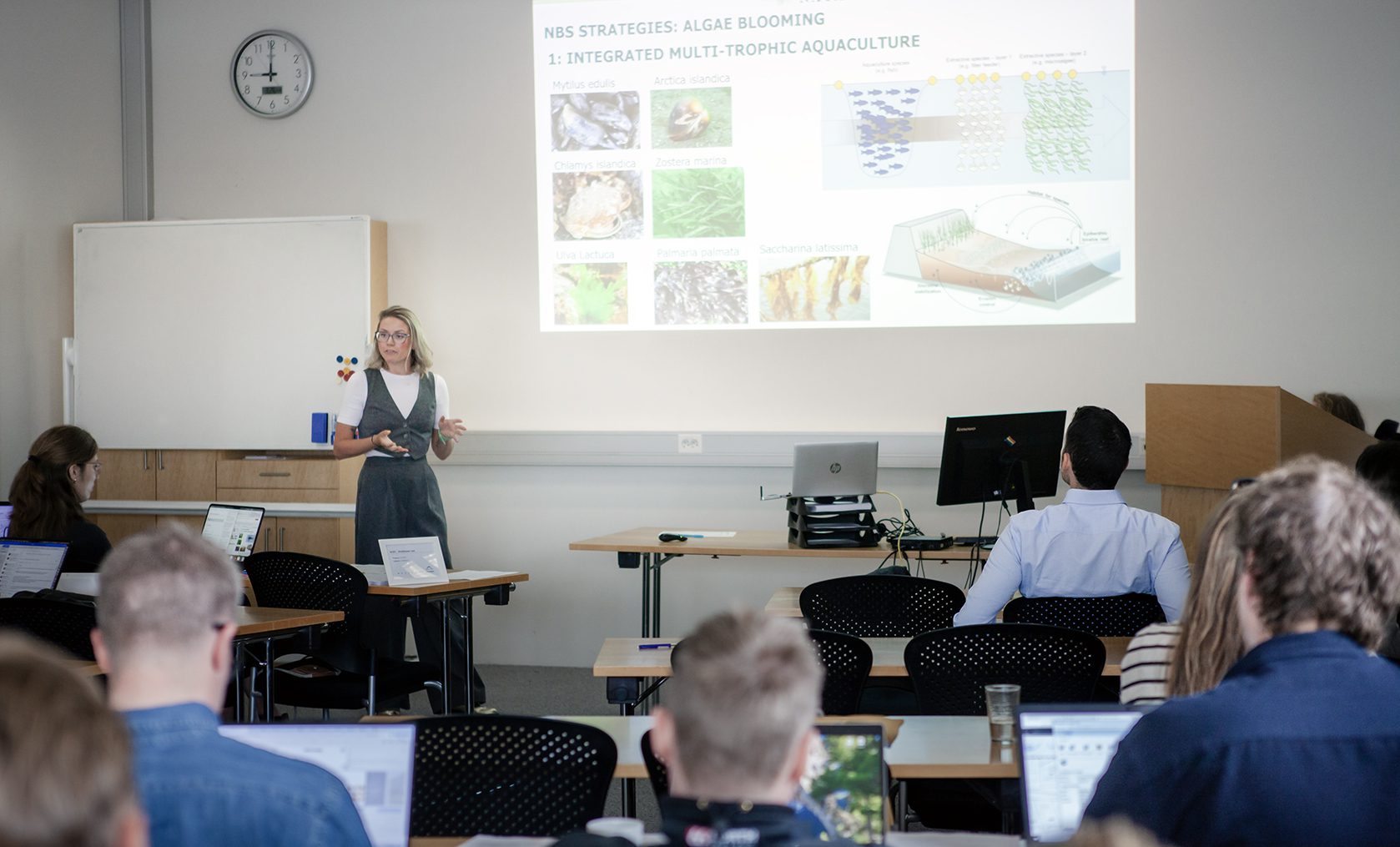
From May 19th to 22nd, NATALIE team of experts visited Iceland. This visit was a unique opportunity for professionals working in environmental management and climate adaptation to learn about the latest solutions aimed at strengthening community resilience against the impacts of climate change.
A stakeholder workshop took place in Reydarfjordur on May 21st, where key project results to date were presented, and next steps were discussed.
East Iceland Led Arctic Climate Resilience Efforts
Matís is leading the NATALIE’s Arctic case study (CS7 – Arctic Case Study). Austurbrú and GreenFish became key partners, and East Iceland was officially designated as the project’s case study site.
The research focuses on evaluating how nature-based solutions can support sustainable use and management of East Iceland’s coastal areas.The region faces a range of climate-related challenges, including:
- Landslides and avalanches
- Rising sea levels and flood risks
- Algal blooms affecting water quality and marine ecosystems
Stakeholder Collaboration Was Key
In June 2024, a workshop with key stakeholders in East Iceland was held to introduce the project and analyze the region’s main challenges. The workshop also explored potential solutions to strengthen community resilience against natural hazards and climate-related disruptions.
This event served as an important platform to introduce the concept of Nature-Based Solutions and demonstrated how these approaches could contribute to sustainable development and increased community safety.



Main Focus Areas in East Iceland
- Analysis of algal blooms in Reyðarfjörður and Seyðisfjörður.
- Development of a digital forecasting model based on Sentinel-2 satellite imagery to predict algal bloom occurrences.
- Water quality monitoring and the development of a digital system to track sea temperature, nutrient levels, and chlorophyll concentration.
- Design of a user interface displaying algal bloom risk levels and water quality information, supporting data-driven decision-making for stakeholders.
- Analysis of potential Nature-based Solutions (NBS) and assessment of their implementation.
Innovation in Data Processing and Modeling
Significant efforts are being made to develop advanced technological tools that enhance decision-making and provide a clear overview of environmental conditions.
- A Cascading Failure Model was developed to assess how natural hazards and weather disruptions could have cascading effects on societal infrastructure, such as healthcare, ports, and aquaculture.
- MCDA-GIS analysis (Multi-Criteria Decision Analysis with Geographic Information Systems) helped identify areas where nature-based solutions were most effective.
- A sophisticated LightGBM machine learning model has been developed to classify the severity of algal blooms, based on World Health Organization (WHO) guidelines.
- A web-based user interface is under development, providing daily risk assessments and supporting timely responses from stakeholders.
- The concept of nature-based solutions introduced as a potential approach to enhance the resilience of nature and society.